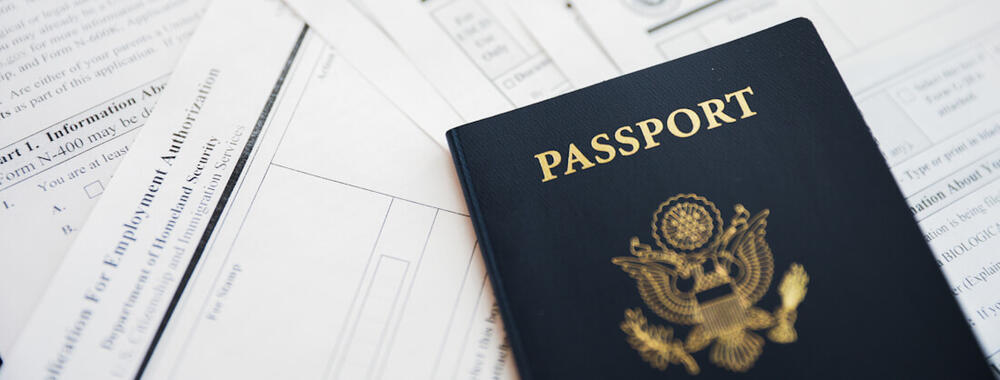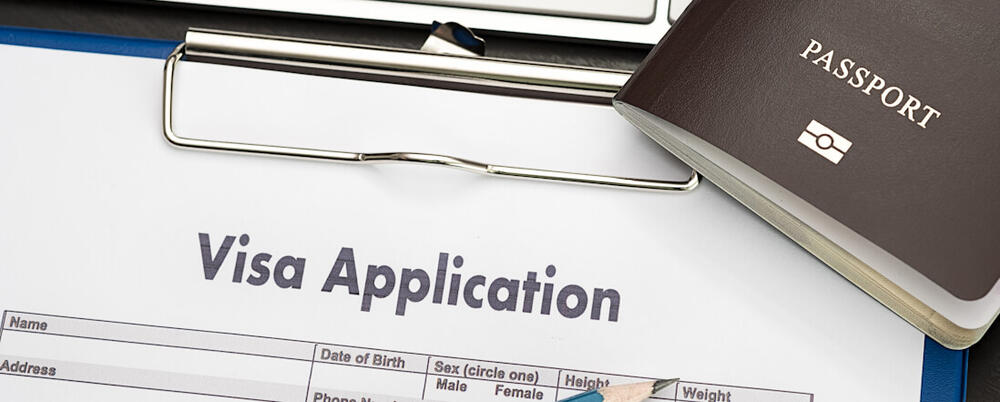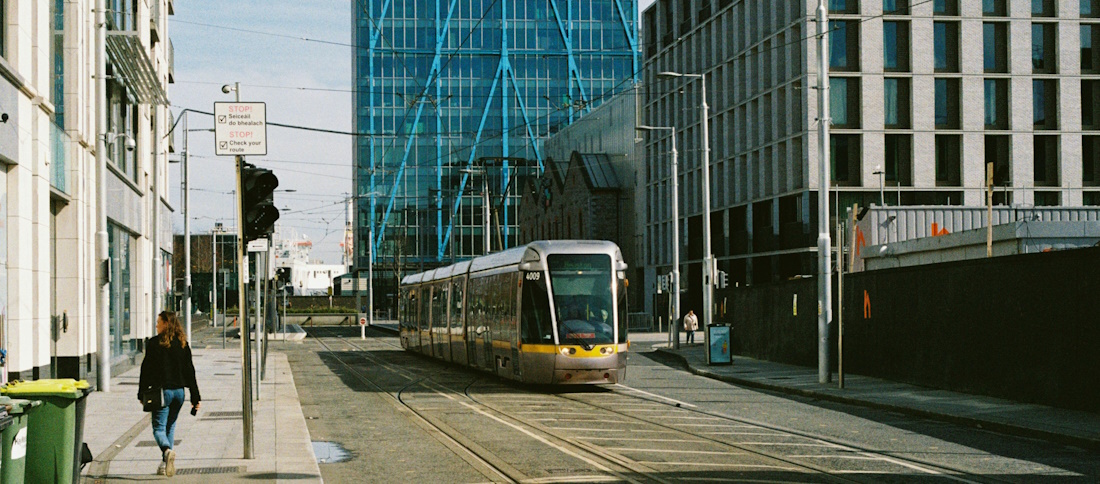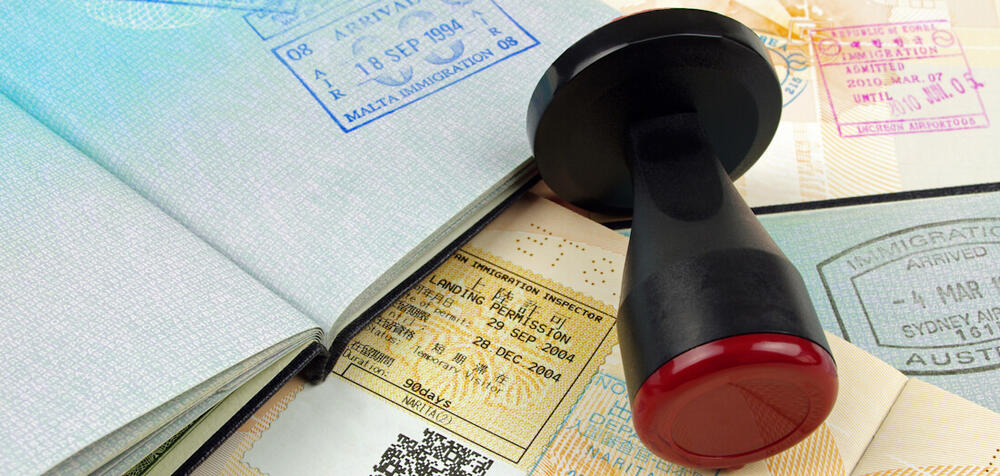Healthcare in Ireland is modern, safe and among the best in the world. If you are living in Ireland, you usually qualify for free or subsidised public health services, which the government funds.
Ireland's two-tier system means you can choose to use either the government-funded public healthcare system or the private system, for which fees must be paid in full.
Public healthcare in Ireland

Public hospitals in Ireland are either owned and funded by the HSE or are voluntary public hospitals that may be privately operated but are funded by the government. Some notable public hospitals include St. James's Hospital and Beaumont Hospital in Dublin.
The public system provides high-quality care comparable to private hospitals but is often overbooked. Waiting lists can be long, even for urgent operations, making it a significant concern for many residents.
You can access publicly funded healthcare if you are classified as 'ordinarily resident' in Ireland. To be ordinarily resident, you must have been a tax resident for three consecutive years. Public in-patient and day service fees were abolished in April 2023. However, public healthcare is not entirely free.
Patients without a Medical Card may have to pay subsidised fees based on income, age, illness, or disability. For instance, there's a EUR 100 charge for attending emergency departments without a GP referral, though recent reforms have abolished many in-patient and day service fees.
Useful links
- Citizens Information on Health System in Ireland
- Government of Ireland Health Information
- HSE Services
Private healthcare in Ireland
Private hospitals in Ireland operate independently of the state, requiring patients to cover the full cost of treatment. Costs for common procedures can vary significantly. We recommend negotiating a healthcare subsidy with your employer or ensuring your salary can cover private health insurance costs.
Compared to other EU countries, private healthcare in Ireland tends to be pricier. Despite the higher costs, private healthcare offers faster access to treatment, avoiding the long waiting lists of the public system. The quality of care is generally high, with private hospitals often providing more luxurious facilities and amenities.
Many employers offer private health insurance as a fully or partially subsidised benefit. This perk can include dental and optical coverage, health screenings, wellness programmes, and mental health support.
Private healthcare is also available in public hospitals through private beds. Choosing private care in a public hospital offers faster treatment, access to private rooms, choice of consultant and shorter waiting times for elective procedures. However, you will still receive care from the same medical staff as public patients and may incur additional costs depending on your insurance coverage.
Health insurance in Ireland

If you don't qualify for a Medical Card, there are other options for free or subsidised care. The GP Visit Card, for instance, covers GP visits and out-of-hours services. To qualify, your income must be below certain thresholds, or you must belong to specific groups like children under eight or those over 70. The Long-Term Illness Scheme offers free drugs and medical appliances for 16 specific conditions, requiring no means test.
Despite the availability of subsidised treatment, many Irish citizens and expats opt for private health insurance. This allows you to receive immediate treatment and access additional services like private hospital rooms and specialist care. Check if Irish private hospitals accept an overseas provider before signing up. Many employers offer private health insurance as a benefit, so it's worth negotiating this into your employment package.
Useful links
Pharmacies and medicines in Ireland
Pharmacies are widely available in Irish towns and cities. In urban areas, many pharmacies stay open late, with some Lloyds Pharmacy locations open until 10pm. In rural areas, pharmacies typically close early in the evening and may have limited weekend hours.
Prescription medications are free for those with a Medical Card. If you are ordinarily resident in Ireland, you can apply for the Drugs Payment Scheme (DPS). This scheme ensures you pay at most a set amount per month for approved medications, with the government covering any additional costs.
Useful links
Vaccinations for Ireland
Routine vaccinations are recommended for everyone in Ireland, including measles-mumps-rubella, diphtheria-tetanus-pertussis, varicella and polio. Flu shots and the Covid-19 vaccine are also recommended.
Vaccines are free for everyone, including expats. You can get vaccinated at pharmacies, doctor's offices and vaccination clinics. There's no specific vaccination programme for new residents, but expats have the same access to vaccines as Irish citizens.
Useful links
Emergency services in Ireland
Both public and private hospitals have Accident and Emergency (A&E) departments for serious emergencies. You can dial 999 or 112 for an ambulance in an emergency. Patients without a Medical Card may be charged for A&E services.














